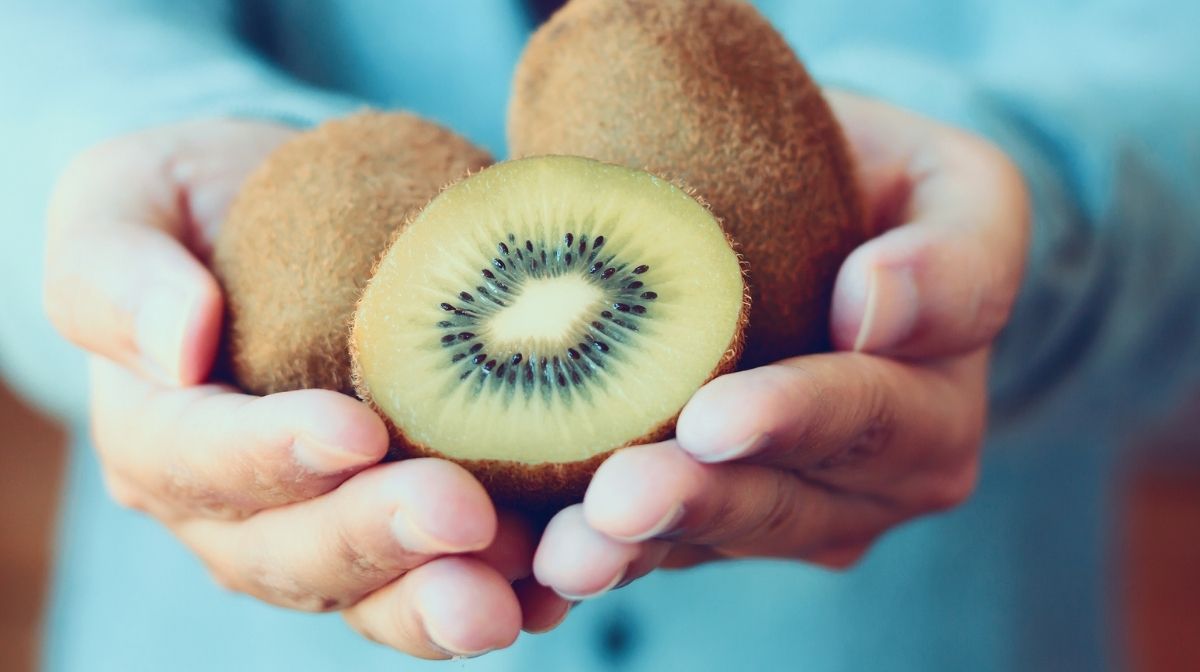Prioritising your sleep and getting into a good night time routine is a great way to ensure you’re getting enough shut-eye to support your health and wellbeing. Nature can play a key role in this, potentially helping you to improve your sleep cycle.
From natural light to house plants, here are four ways nature can influence your sleep cycle so that you can count fewer sheep and get a good night’s sleep every night.
1. Tune in to the Sunrise
Natural light is a great way to synchronise your circadian rhythm (internal body clock) more closely with the sunrise and sunset.

When light shines, your retina sends signals to your brain to interpret what time of day it is. Depending on the strength of the light, your body clock can associate it with the sunrise, allowing your energy levels to slowly increase and your body to wake up.
A similar process can occur at night. When there’s minimal light exposure, your body’s energy levels can begin to decrease, preparing your body to unwind.
Relying on natural daylight can help to regulate your sleeping pattern and prevent you from oversleeping. Ditch the blackout curtains in favour of letting more natural light into your bedroom or look into getting an alarm clock that emits different coloured lights, mimicking the natural sunrise.
2. Incorporate Nature in Your Diet
Maintaining a healthy balanced diet has many health benefits for your overall health and wellbeing, but what foods do you need to include to improve your sleep? Fresh fruit, sustainably sourced fish and whole food ingredients are all good foods to incorporate into your diet on a regular basis.

Here are some foods to incorporate into your diet that may help to improve your sleep:
- Kiwi: contains vitamin E, C, potassium and folate, which may help to improve your sleep quality.
- Bananas: a natural source of melatonin, serotonin and magnesium, which can help to relax your muscles and encourage sleep.
- Fatty fish: fish such as salmon and mackerel contain high levels of omega-3, which can help to regulate your body’s serotonin levels.
- Nuts: almonds, walnuts, pistachios and cashews naturally contain melatonin.
- Honey: mix a teaspoon of honey into a drink an hour before your bedtime and it can help the body to release melatonin, encouraging your body to wind down.
However, remember not to eat too close to your bedtime, as indigestion can affect your ability to sleep.
3. Natural Sound Therapy
Soothing natural sounds or gentle music are another great way to help you wind down and relax for the night.
The lower frequencies and repetitive sounds of birds chirping, rain falling or even the noises of the rainforest may even lower your heart rate, helping to relax both your body and mind.

4. Surround Yourself with Plants
Spending time in the vicinity of plants is something else that may help to improve the quality of your sleep. Plants can help to promote relaxation and they also produce a lot of oxygen while absorbing the carbon dioxide we produce during sleep. Position a houseplant or two around your bedroom and see if you notice a difference.
